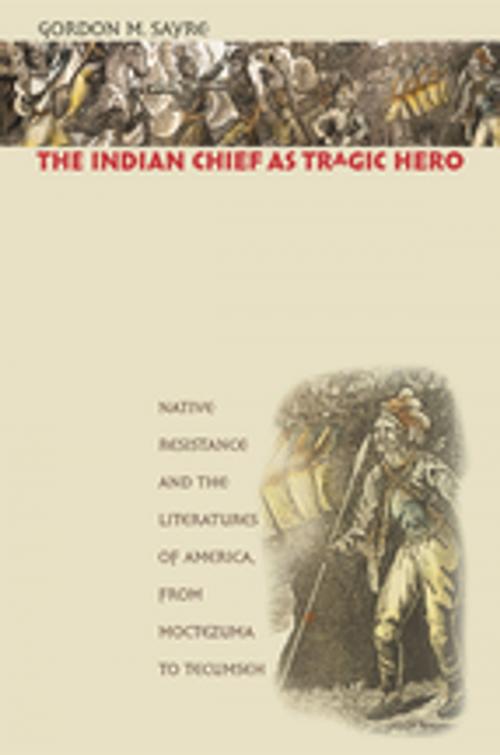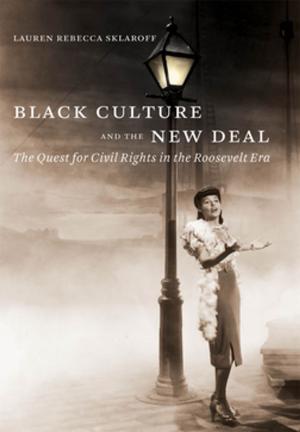The Indian Chief as Tragic Hero
Native Resistance and the Literatures of America, from Moctezuma to Tecumseh
Fiction & Literature, Literary Theory & Criticism, Native American, American, Nonfiction, History, Americas| Author: | Gordon M. Sayre | ISBN: | 9780807877012 |
| Publisher: | The University of North Carolina Press | Publication: | May 18, 2006 |
| Imprint: | The University of North Carolina Press | Language: | English |
| Author: | Gordon M. Sayre |
| ISBN: | 9780807877012 |
| Publisher: | The University of North Carolina Press |
| Publication: | May 18, 2006 |
| Imprint: | The University of North Carolina Press |
| Language: | English |
The leaders of anticolonial wars of resistance--Metacom, Pontiac, Tecumseh, and Cuauhtemoc--spread fear across the frontiers of North America. Yet once defeated, these men became iconic martyrs for postcolonial national identity in Canada, the United States, and Mexico. By the early 1800s a craze arose for Indian tragedy on the U.S. stage, such as John Augustus Stone's Metamora, and for Indian biographies as national historiography, such as the writings of Benjamin Drake, Francis Parkman, and William Apess.
With chapters on seven major resistance struggles, including the Pueblo Revolt of 1680 and the Natchez Massacre of 1729, The Indian Chief as Tragic Hero offers an analysis of not only the tragedies and epics written about these leaders, but also their own speeches and strategies, as recorded in archival sources and narratives by adversaries including Hernan Cortes, Antoine-Simon Le Page du Pratz, Joseph Doddridge, Robert Rogers, and William Henry Harrison.
Sayre concludes that these tragedies and epics about Native resistance laid the foundation for revolutionary culture and historiography in the three modern nations of North America, and that, at odds with the trope of the complaisant "vanishing Indian," these leaders presented colonizers with a cathartic reproof of past injustices.
The leaders of anticolonial wars of resistance--Metacom, Pontiac, Tecumseh, and Cuauhtemoc--spread fear across the frontiers of North America. Yet once defeated, these men became iconic martyrs for postcolonial national identity in Canada, the United States, and Mexico. By the early 1800s a craze arose for Indian tragedy on the U.S. stage, such as John Augustus Stone's Metamora, and for Indian biographies as national historiography, such as the writings of Benjamin Drake, Francis Parkman, and William Apess.
With chapters on seven major resistance struggles, including the Pueblo Revolt of 1680 and the Natchez Massacre of 1729, The Indian Chief as Tragic Hero offers an analysis of not only the tragedies and epics written about these leaders, but also their own speeches and strategies, as recorded in archival sources and narratives by adversaries including Hernan Cortes, Antoine-Simon Le Page du Pratz, Joseph Doddridge, Robert Rogers, and William Henry Harrison.
Sayre concludes that these tragedies and epics about Native resistance laid the foundation for revolutionary culture and historiography in the three modern nations of North America, and that, at odds with the trope of the complaisant "vanishing Indian," these leaders presented colonizers with a cathartic reproof of past injustices.















